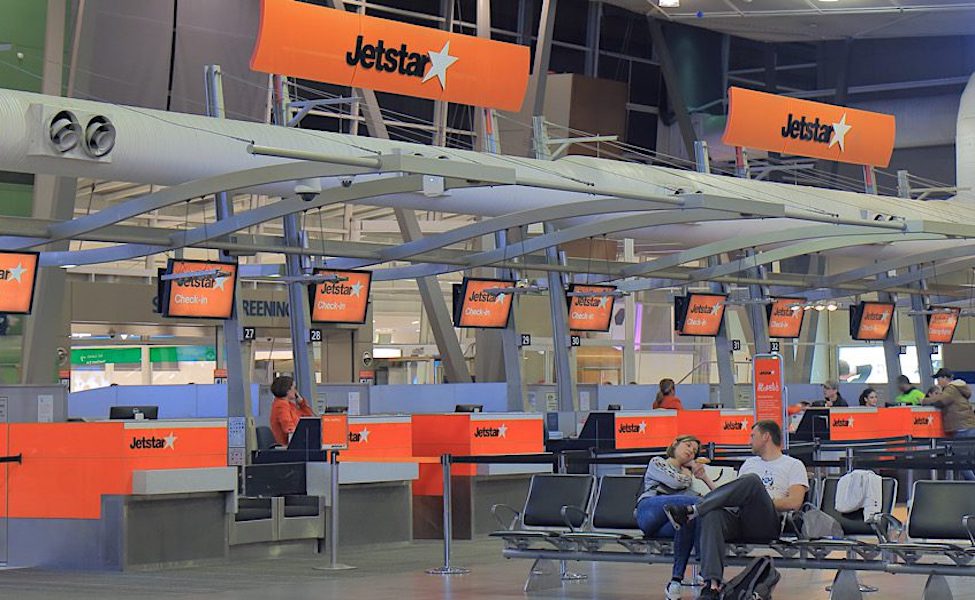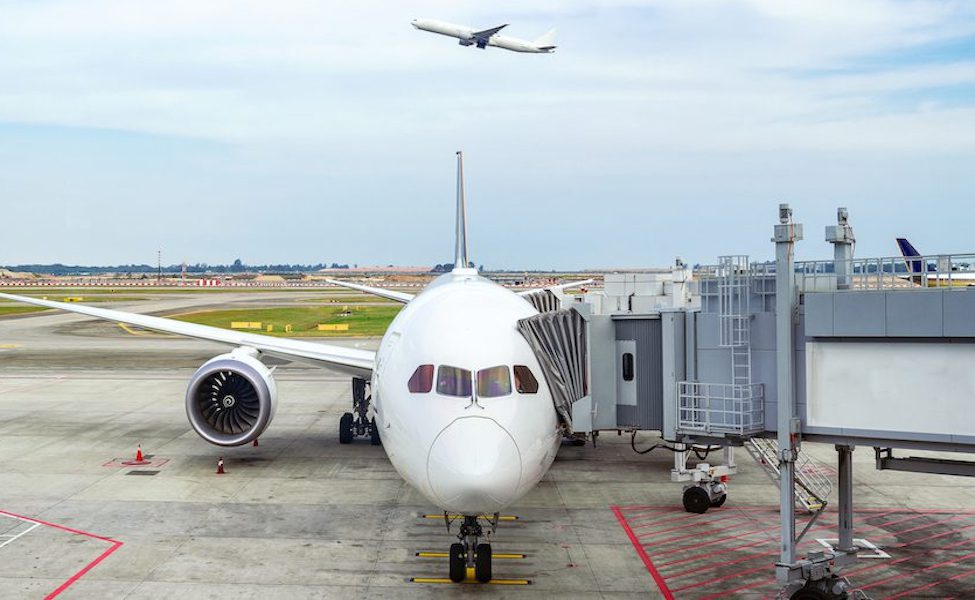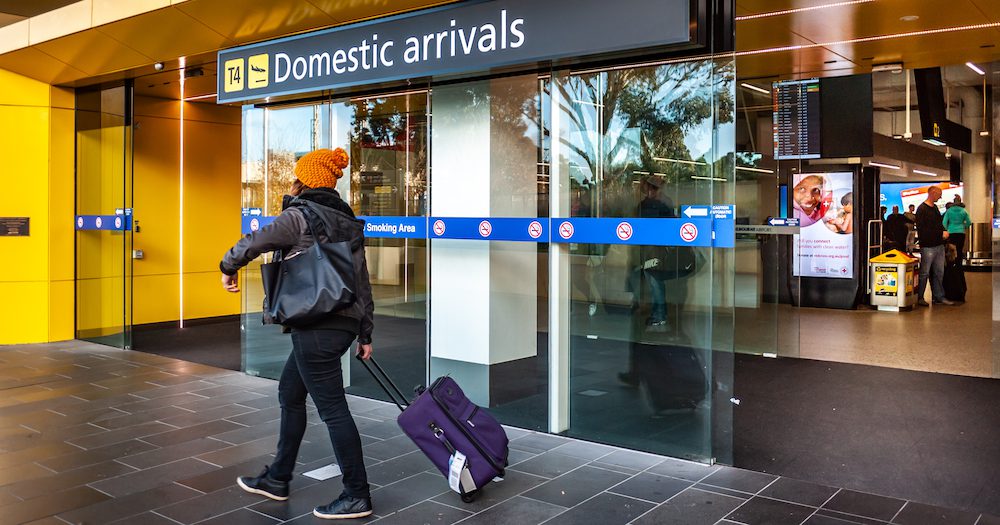Australia’s domestic aviation sector has a problem. But it isn’t one that can’t be fixed, says the Australian Competition and Consumer Commission (ACCC).
As it handed out its 12th and final Airline Competition in Australia report today, the ACCC flagged that a lack of real competition in local air travel had resulted in higher airfares and lower service levels for passengers. And this comes despite an expansion of Rex Airlines and the entry into the market of new carrier Bonza.
ACCC Chair Gina Cass-Gottlieb called domestic aviation “one of the most concentrated industries in Australia, barring only natural monopolies such as electricity grids and rail networks”.
“Without a real threat of losing passengers to other airlines, the Qantas and Virgin Australia airline groups have had less incentive to offer attractive airfares, develop more direct routes, operate more reliable services, and invest in systems to provide high levels of customer service,” she said.

“Rex’s expansion onto major intercity routes and Bonza’s launch have been positive developments for competition, but their share of the market is small and there are barriers to growth.”
According to the ACCC, Qantas Group and Virgin Australia flew 94 per cent of all domestic passengers in April 2023, with the duopoly flying more than 90 per cent of local passengers over the past two decades. So their market share hasn’t really abated in recent times.
What would help
What the domestic air travel sector needs are competition and flyer protection reforms, especially around take off and landing slots at Australia’s busiest hub, Sydney Airport.
“Access to peak time slots at Sydney Airport is critical for new and expanding airlines seeking to build an intercity network,” Cass-Gottlieb said.
“Without legislative reform to the airport’s demand management scheme there will not be any material improvement in domestic airline competition in Australia in the foreseeable future.”
A Sydney Airport spokesperson told Karryon SYD supports the ACCC’s “common-sense position that the slot management scheme should foster efficiency and robust competition”.
“Making it easier for new domestic and international airlines to access slots will lead to more choice for travellers,” they said.
“The problem is that the current rules don’t work. A rule that says it’s okay for airlines to cancel up to 20 per cent of flights makes no sense and incentivises airlines to over-file for slots, leads to more cancellations, and clearly isn’t in the best interests of the travelling public.”

Consumer woes
In its report, the ACCC also urges the creation of new incentives for airlines to invest in customer service to combat “declining levels” of service in the sector.
“There is a clear need for a truly independent and external dispute resolution ombuds scheme, which has the power to make binding decisions,” Cass-Gottlieb stated.
The ACCC also wants to see reform to flyer guarantees under the Australian Consumer Law.
“Reform to the consumer guarantees to make them enforceable would dramatically improve incentives for all businesses, including airlines, to comply with their obligations and more effectively protect consumer rights,” the Commission chair said.
While the ACCC will no longer issue regular monitoring reports on local air travel, as it has done for the past three years, Cass-Gottlieb confirmed it would “continue to watch for anti-competitive behaviour and unfair business practices in the airline industry”.
“If we see evidence of this occurring, we will use our full range of enforcement powers to achieve compliance with the law.”







